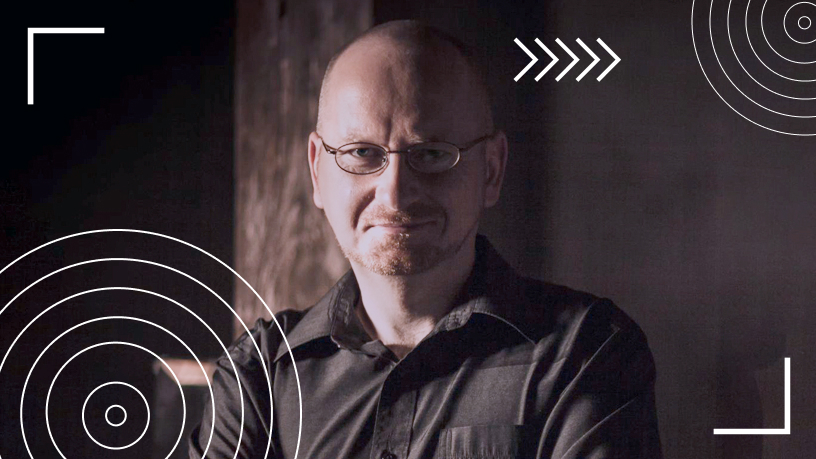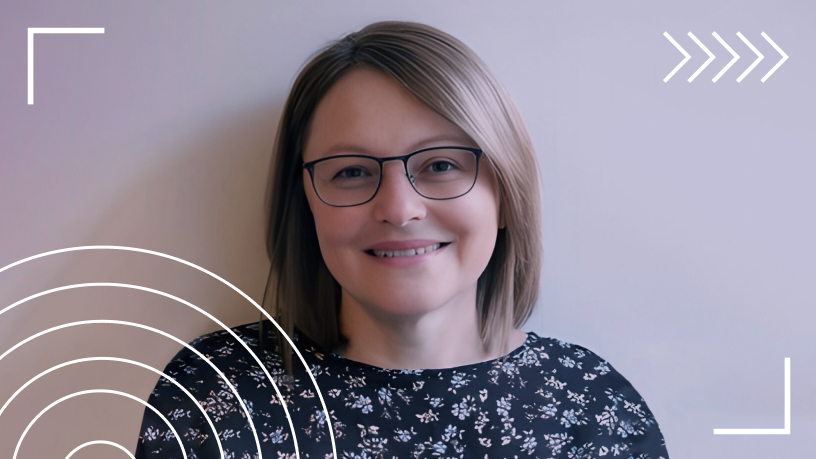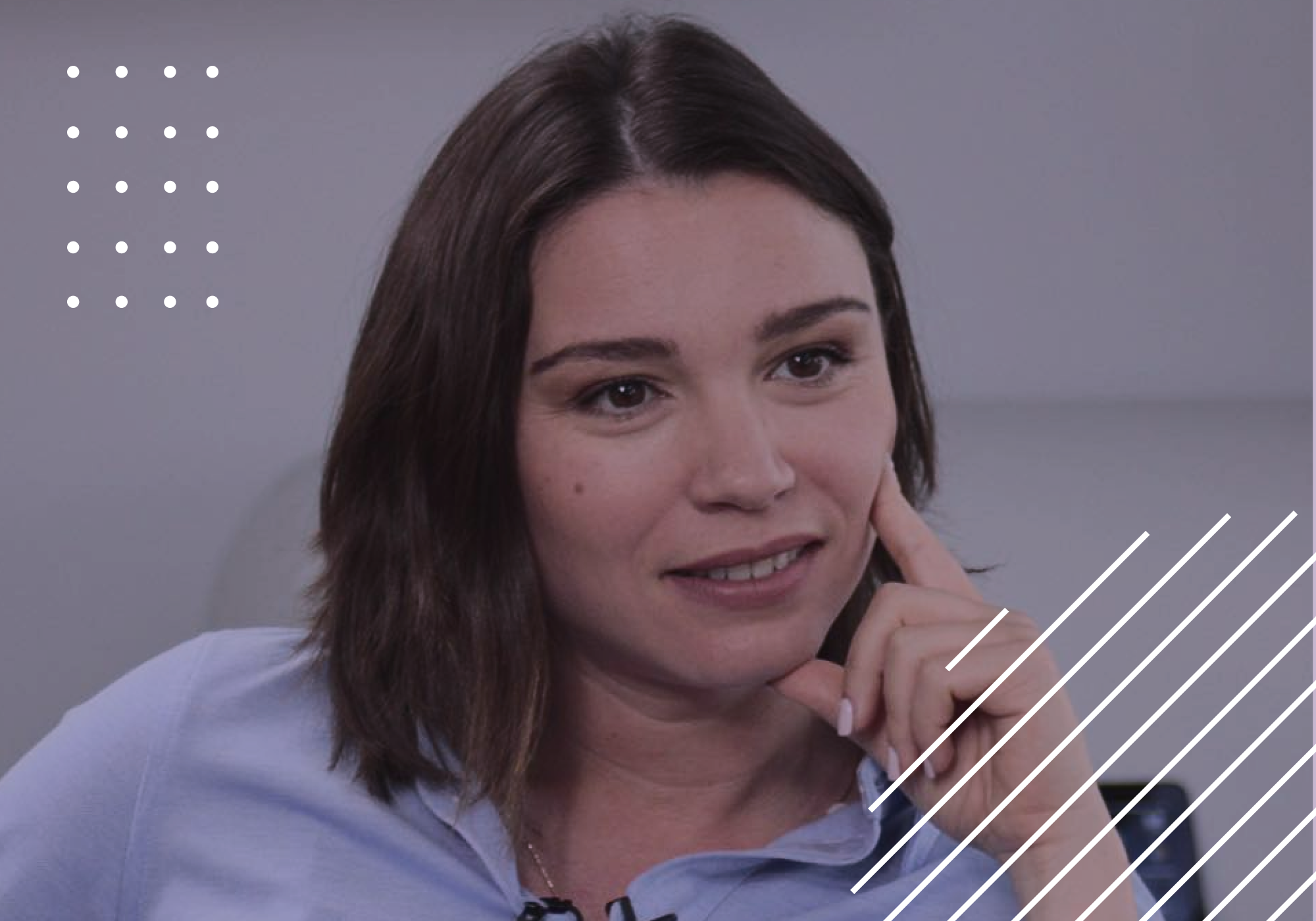Автор: Marina Steinberg
-

Russian academia in exile
Over the course of two years, several thousand scientists left Russia, sometimes entire teams were evacuated. Some of them managed not only to survive, but to be reborn in a new reality. In February 2024, the Agency for Control and Quality Assurance of Higher Education of Montenegro decided on state accreditation of the Faculty of…
-

Mutiny P.S.: nobody is ready to defend the existing political order
Has Yevgeny Prigozhin’s march on Moscow broken the «negative equilibrium» Russia has been stuck in for the last twenty years? Vladimir Gelman, political scientist, professor at the University of Helsinki, and author of the book on «bad governance» in contemporary Russia, analyzes the consequences of the failed mutiny and possible alternative scenarios.
-

They will not be in power forever
A quota set by the Czech government for the reception of Russian and Belarusian dissidents is not even half used during the year. Czech analysts suggest ways to improve the program’s efficiency, arguing that the new scholars and journalists are valuable to the country and will help restore democracy after Eastern European dictatorships.
-

Creating Russia outside of Russia
The coming down of the Iron Curtain makes it more difficult to understand what is happening in Russia, and there is a growing need for specialists in Russian studies in Europe. Historian Marek Příhoda spoke about the new Russian-language Master’s program at Charles University and the specifics of the Czech vision of Russia.
-

How codes of the underworld leads to military aggression
Peacetime sociology cannot yet explain how a full-scale war became possible in twenty-first-century Europe. Sociologist Svetlana Stephenson discusses the reasons for the failure of democratic transition in Russia and the emergence of an aggressive militaristic state.
-

War and Language: The Russian Master’s Program in Prague
Charles University opens a Master’s program in Russian. Why it was in demand amidst the war, explains Zhanna Nemtsova, co-director of the Boris Nemtsov Academic Center at the Faculty of Arts of Charles University.